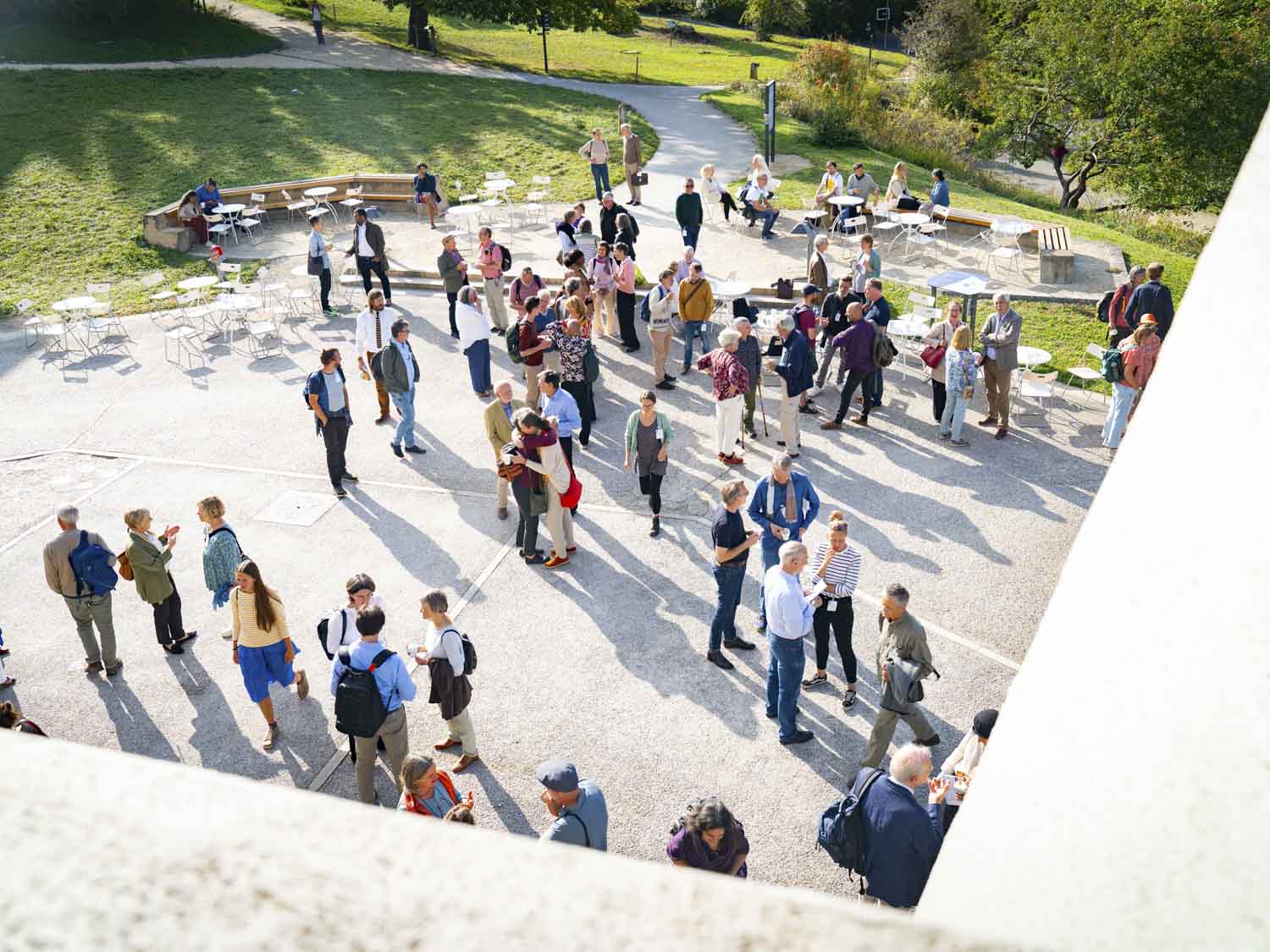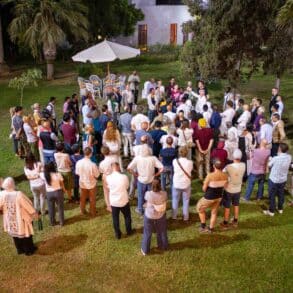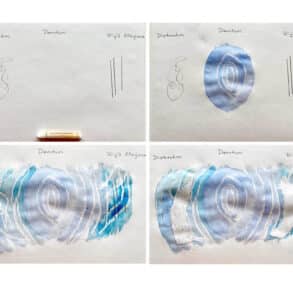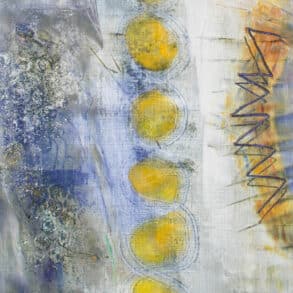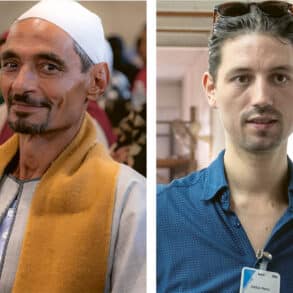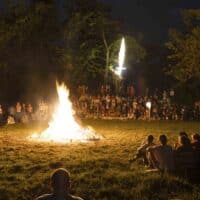The will is a very mysterious human faculty. Three thousand years of history in philosophy and psychology show that it was an unknown phenomenon for a long time.
Even at the height of Greek culture, there was no doctrine of the human will. Aristotle was the first to formulate something anticipating what would later become a fully developed theory of the will. The discovery of human will is indeed a phenomenon of the recent past. And the debate about whether “free will” exists continues to this day, although an “unfree will” would be a contradiction in terms, as Hannah Arendt pointed out.
The “recent past” includes philosophers such as Immanuel Kant, who linked the absolute value of the human being to the autonomy of the will. The world is essentially mine, Hegel wrote, when I have conceptually made it my own—but it is only through the will that I imprint the trace of my own spirit on this my world. Friedrich Schiller then went so far as to state that there is no “power” in the human being other than the will. All other beings “must”—humans are the beings who have volition. Schiller also emphasised that the will makes a person great or small—depending on the form and objective of their volitional activity. In a certain respect, this discovery of the will is linked to the discovery of the future. The will is an organ for the future—a future that is essentially new and unpredictable.
Living the Unlived Life
Part of the anthropology of the will is that it goes beyond our boundaries, not only temporally but also physically. Pelé (Edson Arantes do Nascimento) would never have kicked the ball to the right spot if he had not had unconscious or superconscious knowledge—not only of the ball’s target but also of the laws of the environment that he used to get the ball to its target. Rudolf Steiner describes this as a basic characteristic of the will: it is immanent to the environment, it integrates itself into the environment. It is a tactile organ for what is beyond me. It reaches beyond me, beyond my physical existence in space and time. And it harbours a restlessness, a tense restlessness—instead of the calm of the thinking (but not volitional) spirit.
Only action overcomes this tension. Hegel said that the “trace of our spirit” is imprinted on the world. But we don’t lose ourselves in the process; on the contrary, we recognise ourselves as human beings who act, and we are recognised by our deeds. We mostly do these deeds with our body, of which we must first take possession at the beginning of our earthly existence. This body, understood as a whole, then forms the organ through which we connect with the world. The I lives its way into this “house of the body,” and with and through this body becomes a destiny-shaping being on earth because, in our will, we are creators, not just creatures. And I believe that the existence of free will is often denied because it is dangerous.
Human beings have control over what will be—they are the beings who act and shape the future. Psychologists know that at the end of our biography, we have fewer regrets about our unsuccessful actions and missteps than about our failure to act, our silence in situations when we should have spoken out, our passivity in situations that would have required us to act. In retrospect, the unlived life is a bigger problem than the life lived. Life lived is always an erring life. We are put to the test in the realm of the will, in the restlessness of our being.
The Collective Will
There is not just the will of the individual. This [Goetheanum] World Conference was convened in the hope that we can come to agreements together on how anthroposophy can move forward, insofar as we can help to shape it—how the anthroposophical movement, and also the Anthroposophical Society, can move forward with a united will. We want to reach out into this future together. The will, according to Hegel, cannot want to go back. The will cannot, but the feeling can—we know that there are not a few people who feel more at home in the safe year 1924 than in the coming, uncertain year 2024. Longing brings such moods with it, but the will knows that there is no turning back. It cannot and does not want to go back. It wants to move forward, and it wants more than it can. The ability and the desire, the ability to want, the desire to be able, that is part of this tension. How do we achieve what we want? For Rudolf Steiner, it was clear that we need leading thoughts, “guiding principles”. We need insights into what is and what needs to be done. We need them, and I need them—insights into what I have to do, not what others should do.
How the Idea Catches Fire
The Philosophy of Freedom is a training manual for obtaining an intuition of what can be done through me, of something that calls and summons me in my individuality, my destiny. Each person can only decide for themselves what they have to do—they cannot prescribe it to others. In correspondence with the world of the spirit, I examine what I have to do. The thoughts that guide us must not remain mere ideas but should become an ideal. In the anthroposophical sense, an ideal is an ensouled idea that appeals to the will. It is an idea that is so absorbed by the forces of the heart that the idea itself catches fire, catches fire in the heart, and bridges the abyss between wise reason and the possibility of action. The challenge to the will also concerns the question of the heart—as a question to the middle of the human being and to being human.
This is an abridged version of the presentation at the Goetheanum World Conference
Translation Christian von Arnim
Title image Goetheanum World Conference 2023, Photo: Xue Li

